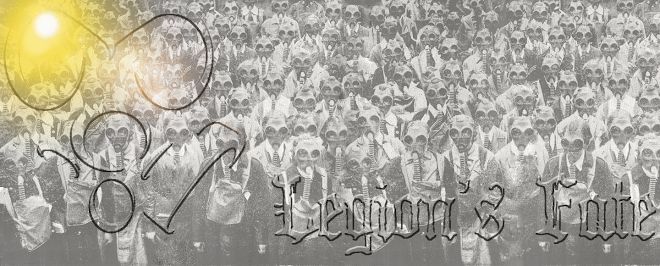When the nazis started to take away the Jews, Edelman and a couple hundred others took up what arms they could find and fought back. Who were these brave individuals:
"I remember them all — boys and girls — 220 altogether, not too many to remember their faces, their names,"
Boys and girls fought off a professional army of well equipped nazi soldiers with no training and few weapons.
Several hundred young Jews took up arms in defense of the civilians — the first act of large-scale armed civilian resistance against the Germans in occupied Poland during World War II.
His fighters, between the ages of 13 and 22, scraped together guns and ammunition that they and the Polish resistance managed to smuggle in from the outside.
Courage and bravery like this are hard to find these days.
"Every moment was difficult. It was two or three or 10 boys fighting with an army," Edelman said. "There were no easy moments."
But they were outnumbered and outgunned.
"It lasted for three weeks, so this great German army could not cope so easily with those 220 boys and girls," he said with a grain of pride.There are fellow citizens among us that scoff at the idea of effective armed resistance. This man says otherwise.
Some claim that there is no way that American citizens could ever resist the might of the US military, but they don't have a clue as to what armed resistance is, or what the stakes are:
"How we burned in the prison camps later thinking: What would things have been like if every police operative, when he went out at night to make an arrest, had been uncertain whether he would return alive? If during periods of mass arrests people had not simply sat there in their lairs, paling with terror at every bang of the downstairs door and at every step on the staircase, but had understood they had nothing to lose and had boldly set up in the downstairs hall an ambush of half a dozen people with axes, hammers, pokers, or whatever was at hand? The organs would very quickly have suffered a shortage of officers and, notwithstanding all of Stalin's thirst, the cursed machine would have ground to a halt."— Alexander Solzhenitsyn, Nobel Prize winner and author of The Gulag Archipelago, who spent 11 years in Soviet concentration camps.
How could the entire US military, scattered across the globe, and engaged in "the long war," engage its own citizens in a drawn out war on its own soil, within its own cities, and without many of the resources that it counts on to win in a non-linear war? It's not like every Serviceman could just come back to the US and fight their own people. Who would watch the interests of the country abroad? How many would throw down their chevrons and join the other side?
The Army could not call in an airstrike onto a townhouse in downtown Chicago because they couldn't knock out that determined shooter, nor could they fire a 120mm HE round from the main gun on a M1A1 into the top floor of a condo in Myrtle Beach because some good ol' boy was busy picking them off one-by-one with his grandpappy's Springfield 03. Get that out of your head.
There are an estimated 80 million gun owners in the US, and the total number of personnel in the US armed forces stands at around 1.5 million active, and about the same for reserves. If 220 starving Jews could hold back Hitler's finest by fighting with pistols and pitchforks, then the American people could surely destroy any government resistance to the last man; thus ensuring that the reins of power stay where they belong.
Anyone who says otherwise needs a history lesson.

No comments:
Post a Comment